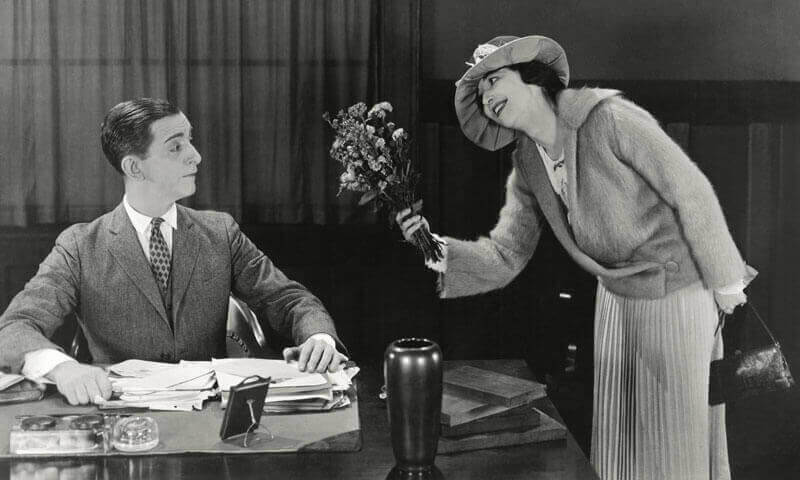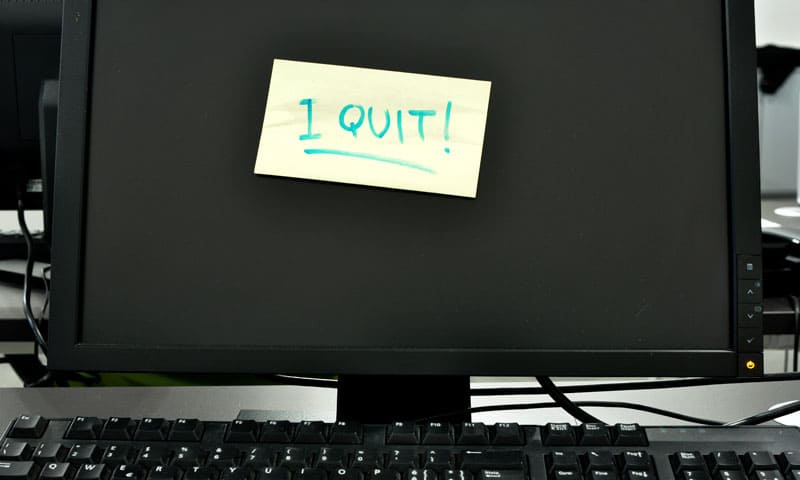Prenda Law, a “porno trolling collective” has been in the focus of the judiciary across US for quite some time for their modus operandi which consists of little more than a shakedown of sorts of people downloading porn. We carried news of such an incident here, where the modus operandi of Prenda Law is discussed in detail. In the latest incident, the U.S. Court of Appeals, Washington D.C., overturned an order in favor of Prenda Law (AF Holdings LLC) issued by a district court judge who had been an RIAA lobbyist. You can see a copy of the order here.
The opening words of Judge Tatel clearly indicate the frustration of the judiciary with the modus operandi of Prenda Law and its associates: “…sometimes individuals seek to manipulate judicial procedures to serve their own improper ends. This case calls upon us to evaluate – and put a stop to – one litigant’s attempt to do just that.”
In a nutshell, in the district court, the judge had ruled in favor of AF Holdings LLC (Prenda front), and had held that it was perfectly legitimate to join thousands of defendants who had downloaded a file months apart from each other, by treating them as party to the same conspiracy. The Court of Appeals, however, overturned that order and held that the defendants could not be clubbed together in a single action.
In this case, AF Holdings clubbed together 1,058 John Doe defendants for downloading a porn file and issued subpoenas to ISPs asking them to turn over the personal details of their customers so that they can be sued. The ISPs put their feet down and said that a district court is bound to quash or modify a subpoena that compels disclosure of information that is not properly discoverable and subjects a person to undue burden. The district court, however, held that such objections and arguments were premature. The Court of Appeals held otherwise.
In its opinion, the Court of Appeals clarified that it was not the standards of premature objections that applied here, but “Different principles apply where, as here, a plaintiff seeks not just to file a complaint, but instead attempts to use the machinery of the courts to force a party to comply with its discovery demands. Federal Rules of Civil Procedure 45 and 26 set forth the relevant considerations …”
The COA observed that Oppenheimer Fund, Inc. v. Sanders, in which the Supreme Court held that the representative plaintiffs in a class action suit, illustrate the limits of the federal discovery procedures, and the plaintiffs could not use discovery tools to secure from the defendant the names of members of the plaintiff class. In a footnote in the same case the Supreme Court had emphasized, “when the purpose of a discovery request is to gather information for use in proceedings other than the pending suit, discovery properly is denied.”
The Court of Appeals, applying the precedents, observed, “Here, we think it quite obvious that AF Holdings could not possibly have had a good faith belief that it could successfully sue the overwhelming majority of the 1, 058 John Doe defendants in this district.”
Turning to the question of joinder, the court said the Federal Rule of Civil Procedure 20(a)(2) sets forth that multiple defendants may be joined in one action if the plaintiff seeks relief “with respect to or arising out of the same transaction, occurrence, or series of transactions or occurrences” and “any question of law or fact common to all defendants will arise in the action.”
AF Holdings argued that because the BitTorrent users dowloaded the same file, they are part of the same “swarm” and participated in the same series of transactions. However, the Court of Appeals said, “We are unconvinced … Two individuals who downloaded the same file five months apart are exceedingly unlikely to have had any interaction with one another whatsoever. Their only relationship is that they used the same protocol to access the same work … simply committing the same type of violation in the same way does not link defendants together for the purposes of joinder.”















































 Read the full report here: The Trusts and Estates Law Boom: A Comprehensive Analysis of Market Trends, Career Opportunities, and Regional Variations
Read the full report here: The Trusts and Estates Law Boom: A Comprehensive Analysis of Market Trends, Career Opportunities, and Regional Variations  Trusts & Estates Law Is Booming BCG Attorney Search’s latest report reveals why this once-niche practice […]
Trusts & Estates Law Is Booming BCG Attorney Search’s latest report reveals why this once-niche practice […]
